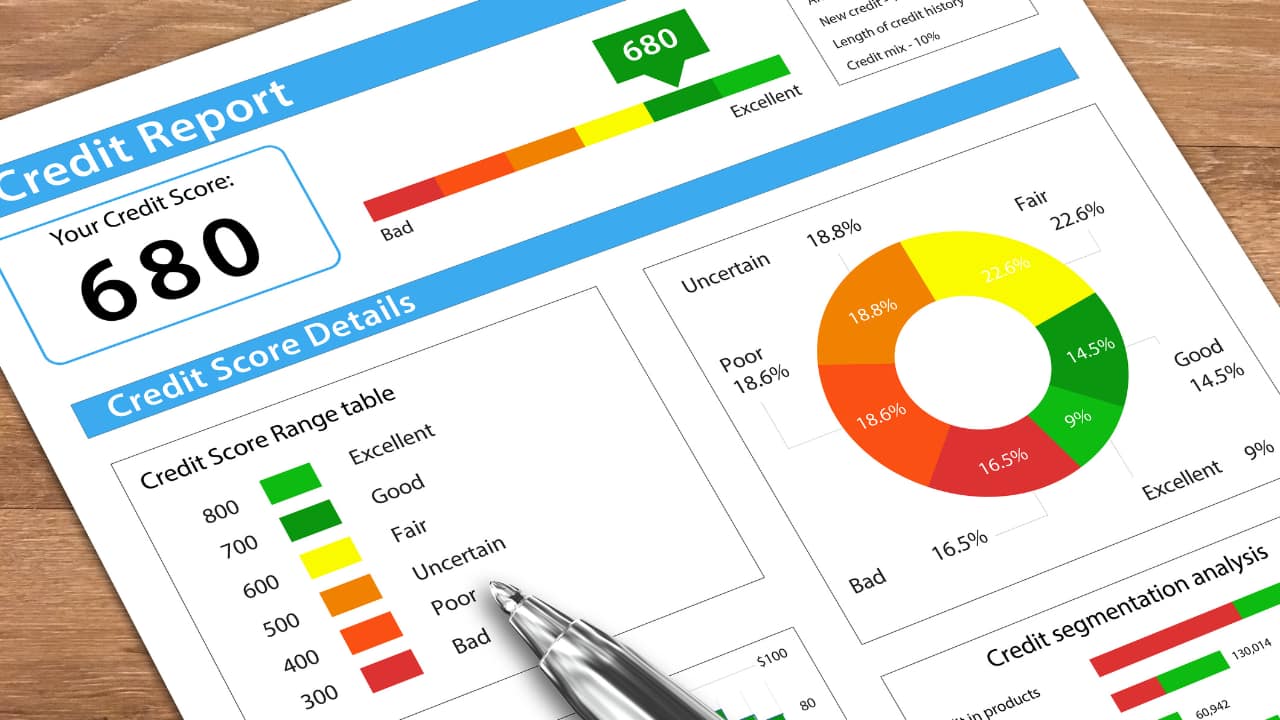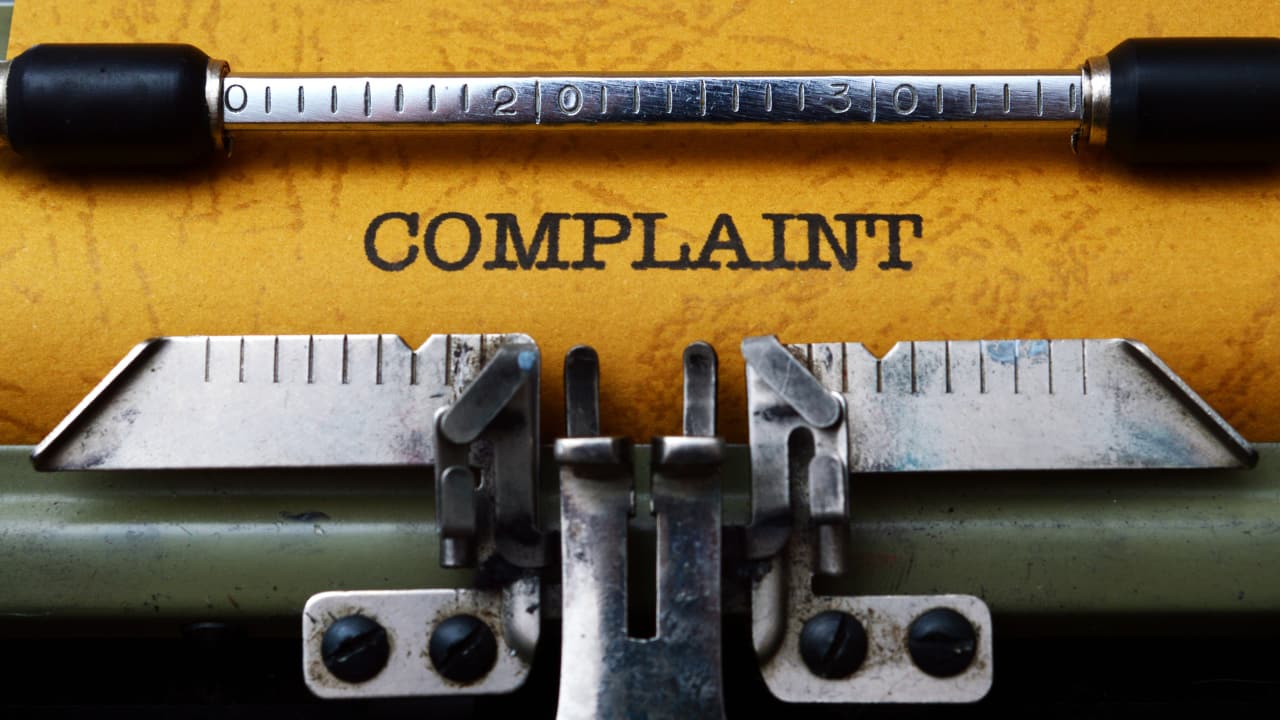Fixing your credit score fast: a step-by-step guide to filing disputes
A correct credit report matters — here’s a practical, five-step approach to disputing errors and protecting your score.
1/5

Why you must check your credit report regularly
Credit report errors are common and can range from small typos to inaccurately reported defaults or accounts you never enrolled in. These errors can raise your interest rates, trigger loan rejection, or bar new credit. Reading your report regularly helps you catch problems early on — attempt at least once a year and before applying for any major loans. If you discover an anomaly, do it straight away: the quicker you raise a dispute, the quicker it can be resolved and the less harm it will cause to your ability to borrow.
Credit report errors are common and can range from small typos to inaccurately reported defaults or accounts you never enrolled in. These errors can raise your interest rates, trigger loan rejection, or bar new credit. Reading your report regularly helps you catch problems early on — attempt at least once a year and before applying for any major loans. If you discover an anomaly, do it straight away: the quicker you raise a dispute, the quicker it can be resolved and the less harm it will cause to your ability to borrow.
2/5

Get your documentation in order before you submit
A valid complaint rests on concrete evidence. Collect identity documents (ID, PAN/Aadhaar or passport), correct bank statements or payment receipts, repayment slips, bank or lender correspondence, and any card or loan agreement. If a debt was paid or settled, include the NOC or settlement letter issued by the lender. Keep digital copies and label them clearly — dates, reference numbers and screenshots of online records enable immediate verification of your claim by bureaus and lenders.
A valid complaint rests on concrete evidence. Collect identity documents (ID, PAN/Aadhaar or passport), correct bank statements or payment receipts, repayment slips, bank or lender correspondence, and any card or loan agreement. If a debt was paid or settled, include the NOC or settlement letter issued by the lender. Keep digital copies and label them clearly — dates, reference numbers and screenshots of online records enable immediate verification of your claim by bureaus and lenders.
3/5

How to file a formal complaint with the credit bureau
Login to the credit bureau dispute website or follow their email/postal submission route and select the item you would like to have amended. Describe the mistake succinctly, select the type of correction you would like (update, delete, or clarification), and attach supporting papers. Provide your contact information and any reference number provided by the lender. Each bureau will take notice and open an investigation, which usually involves a call to the reporting lender. Keep a copy of the report and the acknowledgement for future use.
Login to the credit bureau dispute website or follow their email/postal submission route and select the item you would like to have amended. Describe the mistake succinctly, select the type of correction you would like (update, delete, or clarification), and attach supporting papers. Provide your contact information and any reference number provided by the lender. Each bureau will take notice and open an investigation, which usually involves a call to the reporting lender. Keep a copy of the report and the acknowledgement for future use.
4/5

Contact the lender and maintain a paper trail
The bureau will usually ask the lender for substantiation, so call the creditor directly as well. Present the same documentation and ask them to verify or update what they reported to the bureau. Ask the lender to sign a written confirmation or reference number for your contact. If the lender consents to the amendment, have the bureau amend all applicable reports. If the lender rejects your complaint, ask for the exact reason and any related evidence so you can respond to it. Formal follow-up — with dates, names, and written documentation — is necessary if you need to escalate.
The bureau will usually ask the lender for substantiation, so call the creditor directly as well. Present the same documentation and ask them to verify or update what they reported to the bureau. Ask the lender to sign a written confirmation or reference number for your contact. If the lender consents to the amendment, have the bureau amend all applicable reports. If the lender rejects your complaint, ask for the exact reason and any related evidence so you can respond to it. Formal follow-up — with dates, names, and written documentation — is necessary if you need to escalate.
5/5

What to expect on filing and next steps
After investigation, you will be given a result: correction, verification of original entry, or request for additional information. If corrected, download a new report and check all bureaus (several agencies can be informed in the event of errors). If the dispute is rejected, ask for reason, appeal with additional evidence, or contact the regulator or an ombudsman if available. In suspected identity theft, report to the police and notify lenders in an effort to freeze activity. Finally, keep monitoring your report periodically to ensure errors continue to be corrected and your credit is healthy.
After investigation, you will be given a result: correction, verification of original entry, or request for additional information. If corrected, download a new report and check all bureaus (several agencies can be informed in the event of errors). If the dispute is rejected, ask for reason, appeal with additional evidence, or contact the regulator or an ombudsman if available. In suspected identity theft, report to the police and notify lenders in an effort to freeze activity. Finally, keep monitoring your report periodically to ensure errors continue to be corrected and your credit is healthy.
Discover the latest Business News, Budget 2025 News, Sensex, and Nifty updates. Obtain Personal Finance insights, tax queries, and expert opinions on Moneycontrol or download the Moneycontrol App to stay updated!






